Greek olives and olive oil
While you enjoy Greece, do not forget the liquid gold - olive oil! Discover the different types available, how to choose the right one, and where to find premium oil.
Greece is the third-largest producer of olive oil in the world, with a total of 16 geographically protected types of olive oil.
Most Famous Olive Oil in Greece
One of the most famous and best olive oils in the world (according to some, the best) comes from Kalamata and western Crete, but the majority of olive oil produced in Greece is extra virgin (cold-pressed).
Characteristics and Quality of Olive Oil
Olive oil in Greece can have different aromas and flavors. Some characteristics include a subtle aroma of herbs or citrus in the taste, and sometimes the oil can have a slightly bitter taste. Usually, when buying oil in Greek stores, you can also taste it, so take advantage of that opportunity. Quality olive oil must have an intense taste, so the famous saying: “it’s excellent oil, it doesn’t have a strong taste at all” should not guide you when buying. Olive oil must have a strong aroma of olives, that is the quality and charm.
Color and Acidity
The color of olive oil can vary and it is not a characteristic by which you can recognize high-quality olive oil. However, acidity is a significant characteristic, and extra virgin oil has a maximum acidity of 0.8%, so always pay attention to this when buying. The acidity of olive oil depends on the quality of the olives (whether they have parasites, whether they are processed and damaged olives, how much time has passed from harvest to pressing, etc.) The taste also depends on the terrain where the olives grow, the climate, and the variety.
Cold Pressing
Cold-pressed olive oil means that the temperature during pressing does not exceed 27 degrees Celsius.
Oil from Kalamata
Probably the best olive oil produced in Greece comes from the Kalamata region, from a mountainous area where olives rich in oil are born. Kalamata oil is not derived from the olive variety called Kalamata, as many think, but only from olive groves in that region.
Consumption in Greece
Greeks consume the most olive oil per capita in the world. Second is Italy, where per capita consumption is not even half as much as in Greece. Greeks use olive oil for cooking, as well as in soap and cosmetics production, for lighting candles and lamps, at baptisms, and for other purposes. For Greeks, the olive tree, olives, and olive oil have historical and cultural significance, and they have been using it for thousands of years.
Interestingly, large quantities of olive oil from Greece are exported to Italy, where it is repackaged and resold. Kalamata olive oil is similar to Tuscan oil and is the most exported.
Harvest Process and Differences Between Olives
Many think that black and green olives are different varieties, but they are not. Green olives are simply not yet ripe, while black ones are ripe olives.
Green olives are harvested in September, from which olive oil is produced under the special name “agoureleo.” This olive oil has a slightly more intense taste and aroma, a different composition, and different nutritional components, so if you are a fan of olive oil, we recommend trying it. Agoureleo is not always easy to find for sale, but you can get it with a little effort. Green olives contain less oil than ripe ones, so these olives are less frequently used for production. Olive oil from Kalamata olive variety is also a bit harder to find for sale, but it is also somewhat specific, so you can try it as well.
The harvest of ripe olives starts from mid-November and lasts until mid-December, approximately.
Olives for sale are harvested by hand, while olives for olive oil are harvested using ordinary rakes or electric machines. The olives are then sorted by size. Large olives are the most prized and have the highest price. They are generally left for sale, while olive oil is produced from the rest.
Interestingly, for the harvest of black olives, they are not left to fully ripen, but they are harvested when they have a green-purple color, and then they mature to a black color only in brine.
How to Choose Olive Oil?
Tips for Buying
If possible, when buying, first purchase a smaller quantity (a small bottle) to try it out. Leave it in the refrigerator for 24 hours, and if the olive oil thickens, it means it is extra virgin, and then you can buy a larger quantity. It is desirable to store olive oil in dark, glass bottles, not in plastic ones, and if you buy large cans of olive oil, it is advisable to transfer it to bottles soon.
Do not skimp on high-quality olive oil. If you are unable to buy a large quantity, buy a smaller but high-quality one, and in that case, use it only for salads. Unusually low prices for cold-pressed olive oil can be a sign that the oil is old or of lower quality, so stick to trusted manufacturers and those with labels.
How to Choose Olive Oil in Supermarkets?
When you embark on buying olive oil, understanding the differences between different types can help you choose the one that best suits your culinary needs. Supermarkets offer a diverse range of olive oil, and here is how they are classified from the least to the highest quality:
Pirineleo (Pomace Oil)
This oil is obtained from olive pits and is usually used in industrial production as well as for cooking. Its quality is lower compared to other types of olive oil, making it suitable for preparing dishes at high temperatures.
Klasiko (Classic Oil)
Klasiko oil is a blend of virgin olive oil and olive pit oil. This oil is versatile and can be used for both cooking and enriching salads.
Partheno (Virgin Oil)
Partheno is a type of virgin oil used exclusively for salads. Although not the highest quality, its mild flavors contribute to the freshness of salads and cold dishes.
Ekseretiko Partheno (Extra Virgin Oil)
This category represents the highest quality olive oil, obtained exclusively by cold pressing olives. Ekseretiko Partheno is mainly used for salads and dishes that require high culinary aesthetics, thanks to its rich taste and aroma.
The healthiest extra virgin olive oil is used for salads, so we wish you to enjoy its rich taste throughout the year.
Prices of olive oil in supermarkets vary, with the most affordable oils usually bearing the supermarket’s own brand. However, since prices often change, it is best to follow local prices when shopping.
Where to Buy Organic Olive Oil?
On Sithonia, such oil is sold within the monastery of Holy Ormylia near Psakoudia, and it is monastery production. In other places, you can buy organic olive oil in local stores found in all resorts.
In Thassos, there are several olive oil factories that produce only extra virgin oil, and Thassos is known for its quality oil. You can read more about it here.
On Sithonia, you can also buy olive oil from domestic production. It is also of very good quality and can be found at different prices. For recommendations, it is best to ask accommodation owners where they buy it.
If you are vacationing on the Ionian coast, you can buy good olive oil at the Esperanza hotel in Kanali directly from the producer (hotel owner).
One thing to avoid is buying oil in clear bottles at markets. If you shop in June, you may still find agoureleo and Kalamata olive oil available.
We offer over 3,000 accommodations. Choose the right one for you and your family HERE.
Follow us on our social media and stay up to date with everything you are interested in about Greece!
Facebook:Nikana.gr
Instagram: @nikana.gr
Tiktok: nikana.gr
Facebook grupa: Live from Greece
YouTube kanal @NikanaTravel
Write to us at e-mail: nikana@nikana.gr
Our site nikana.gr is the leading source of information about Greece.
5 comments
Post a Comment
NOTE
All your questions in the comments will receive an answer via email so check your inbox shortly after you posted comment. For more detailed questions and responses, contact us via mail nikana@nikana.gr.

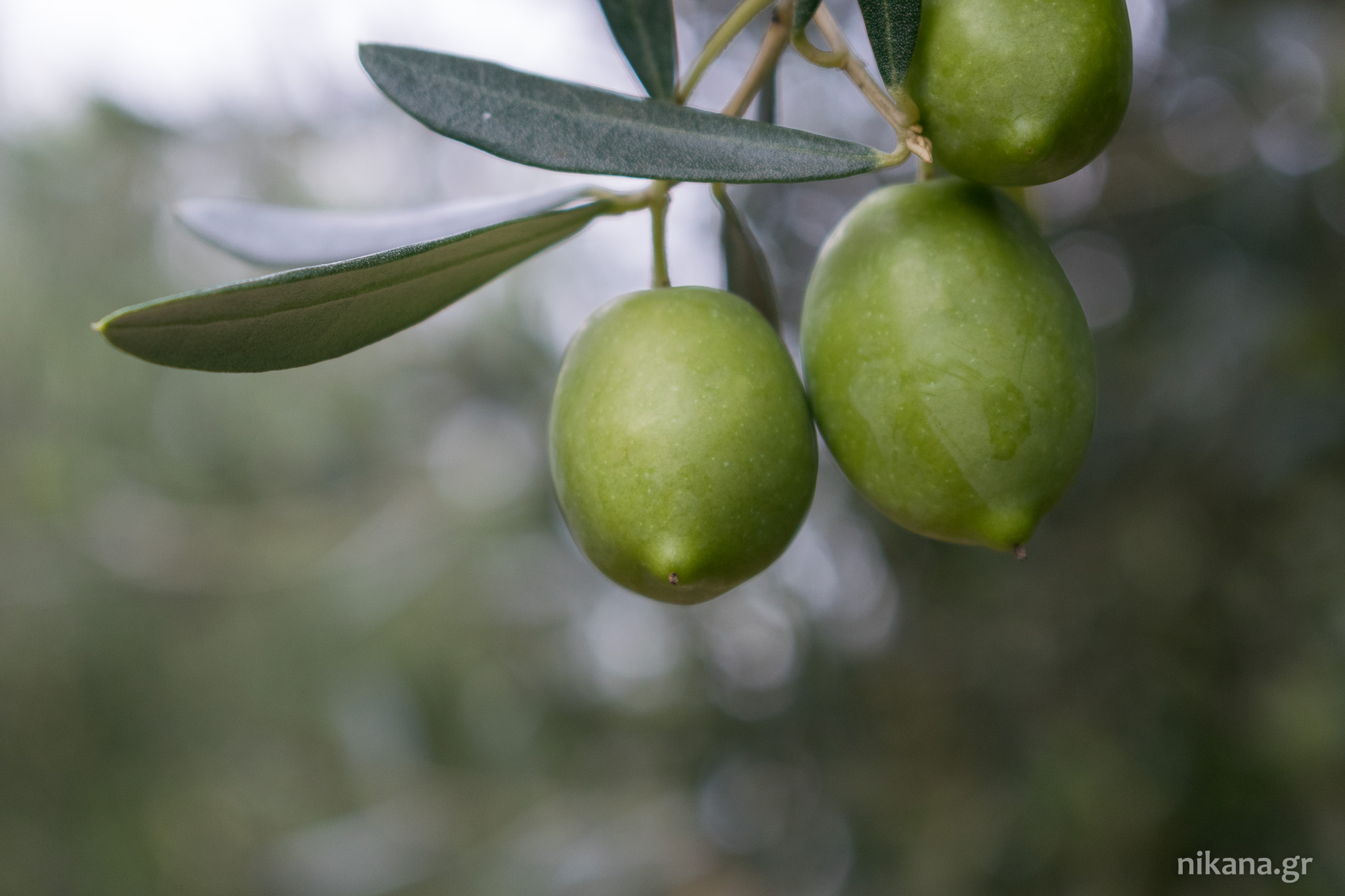
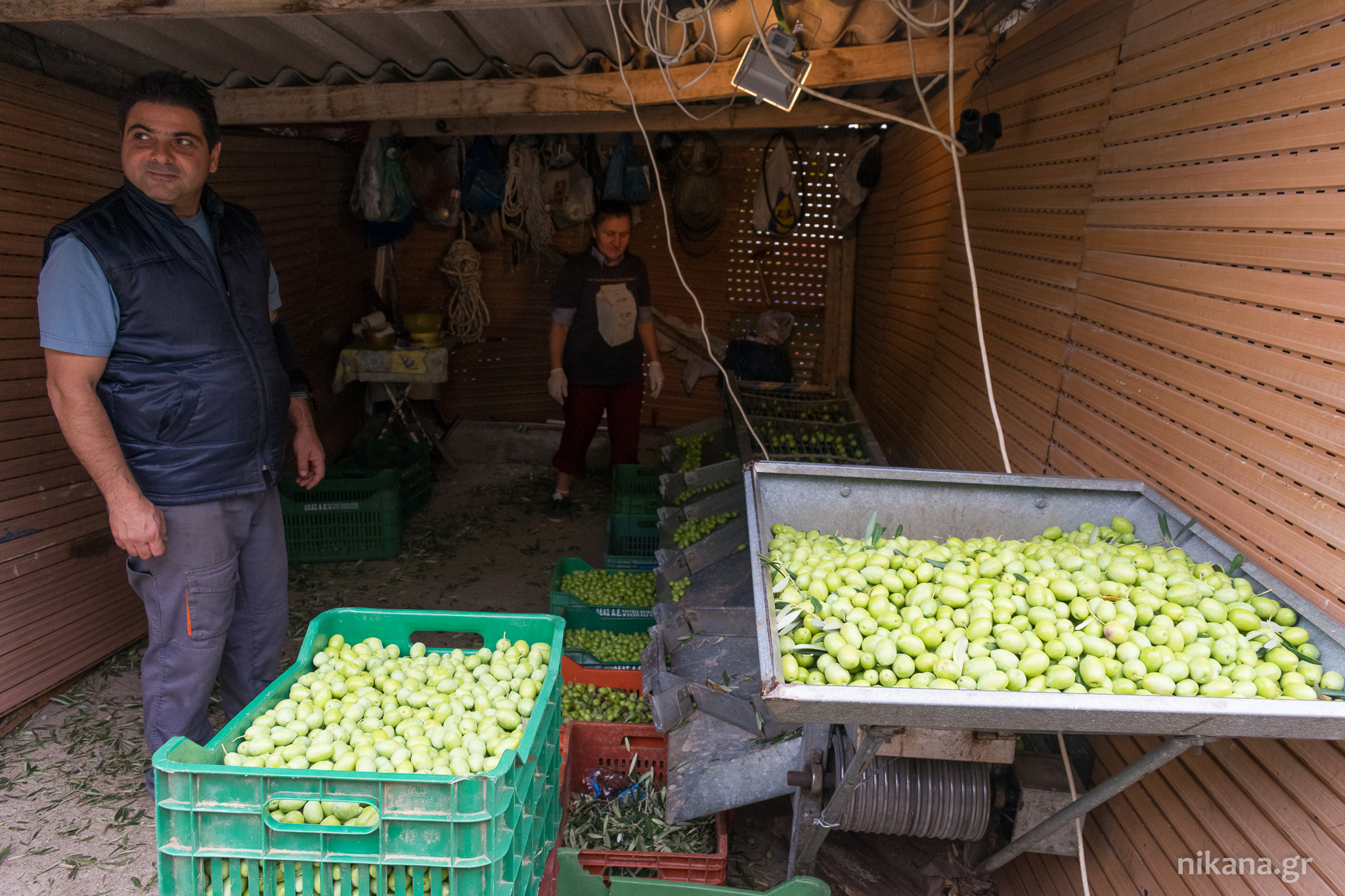
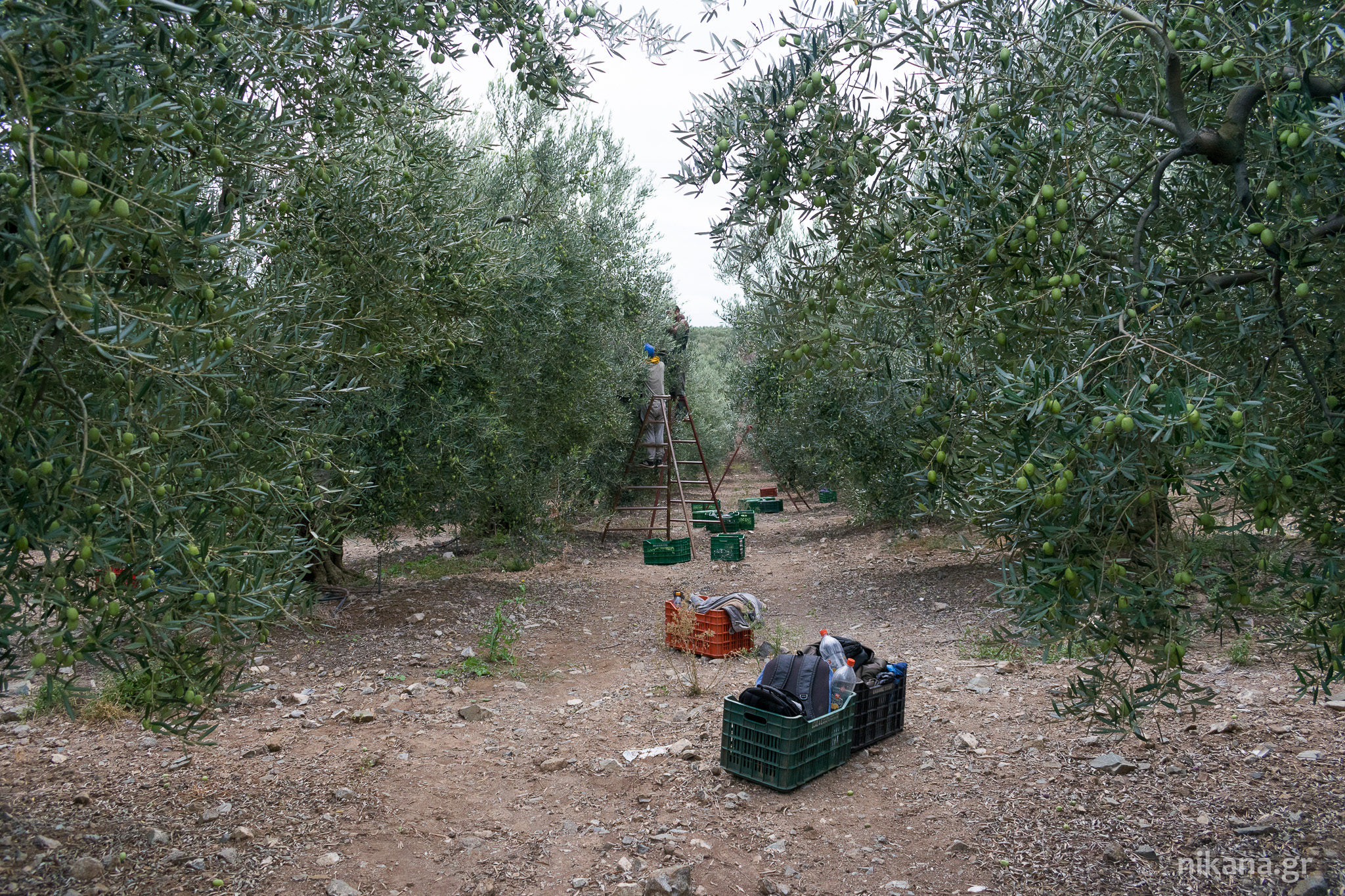
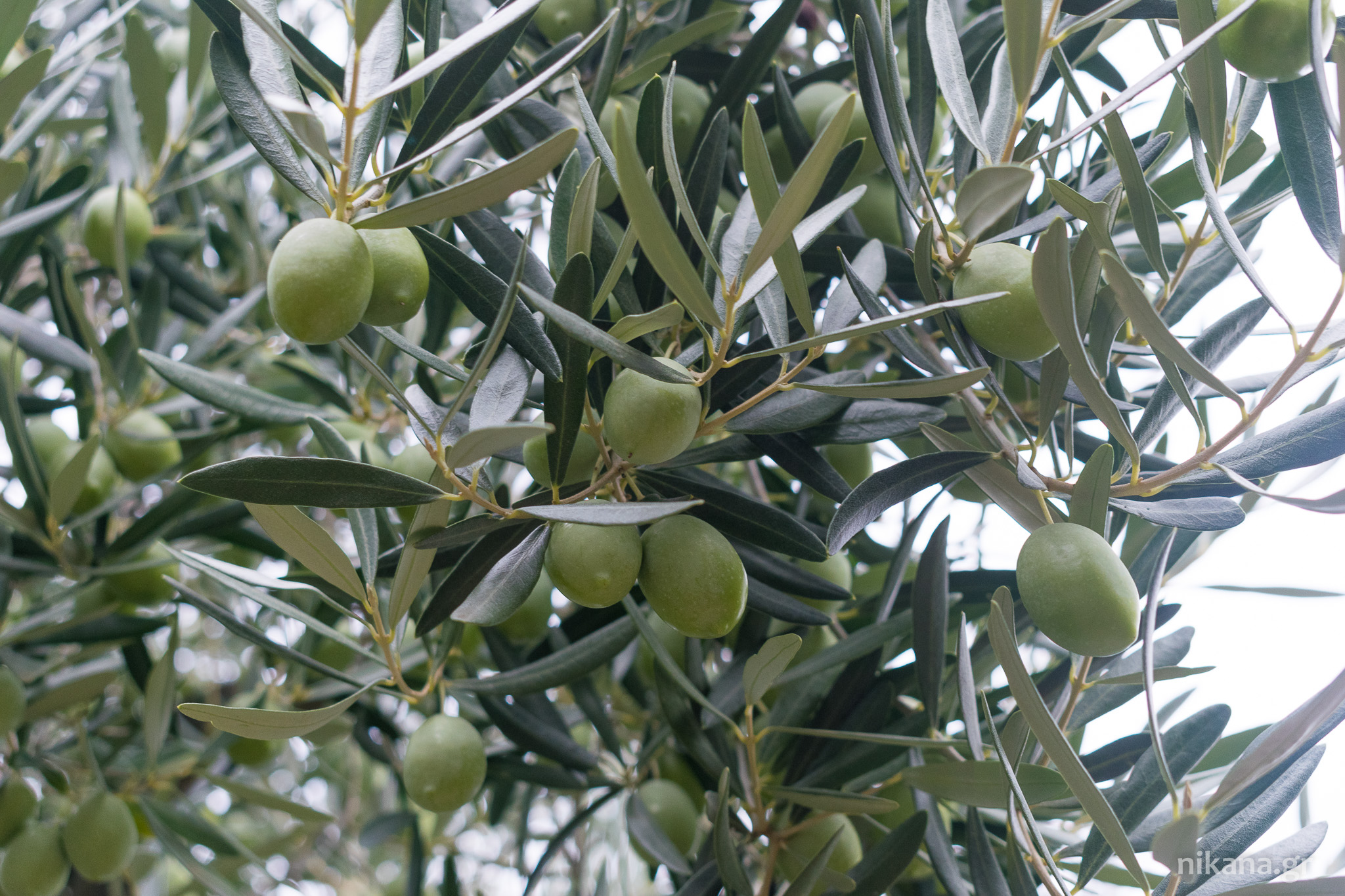

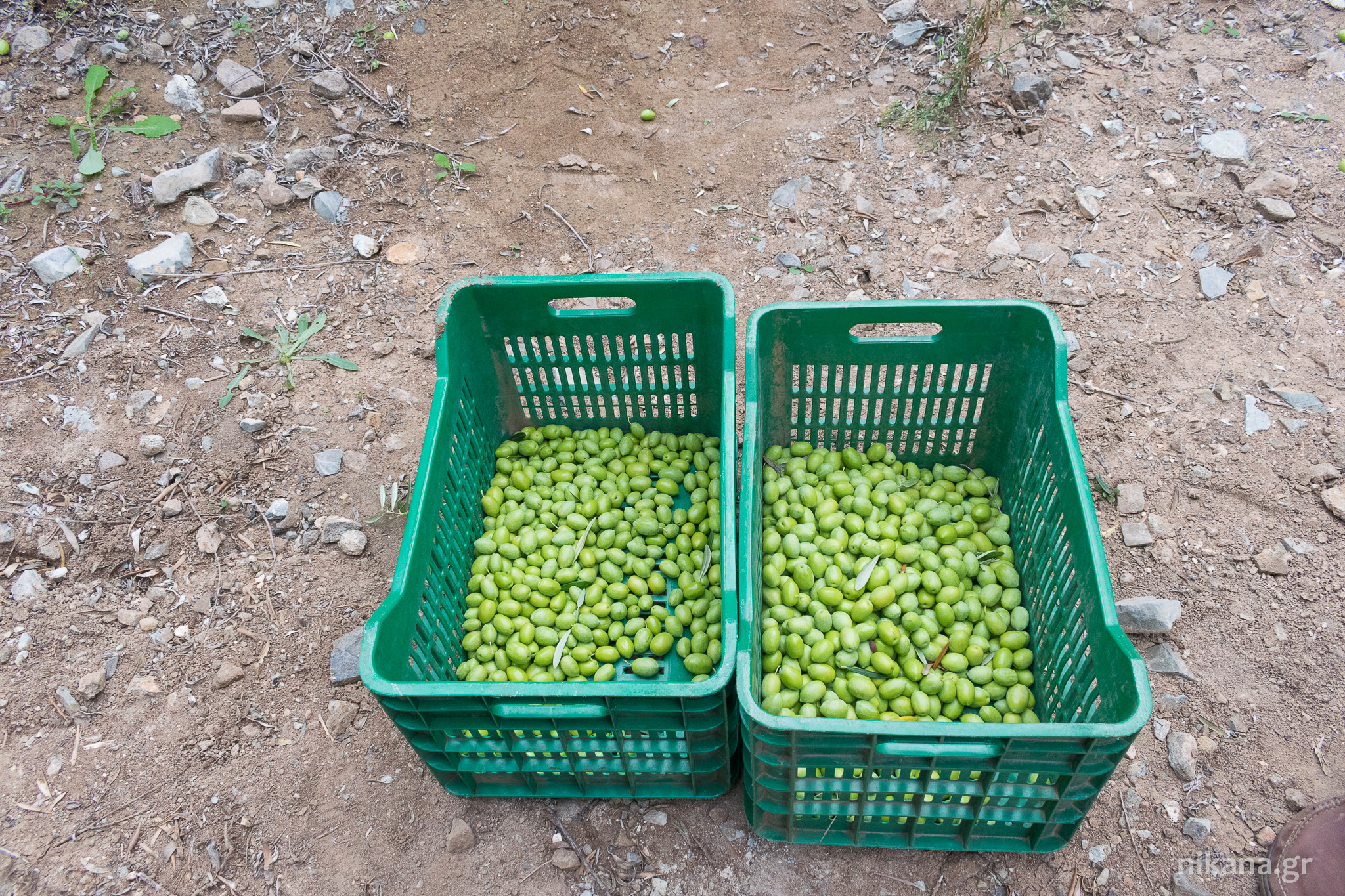
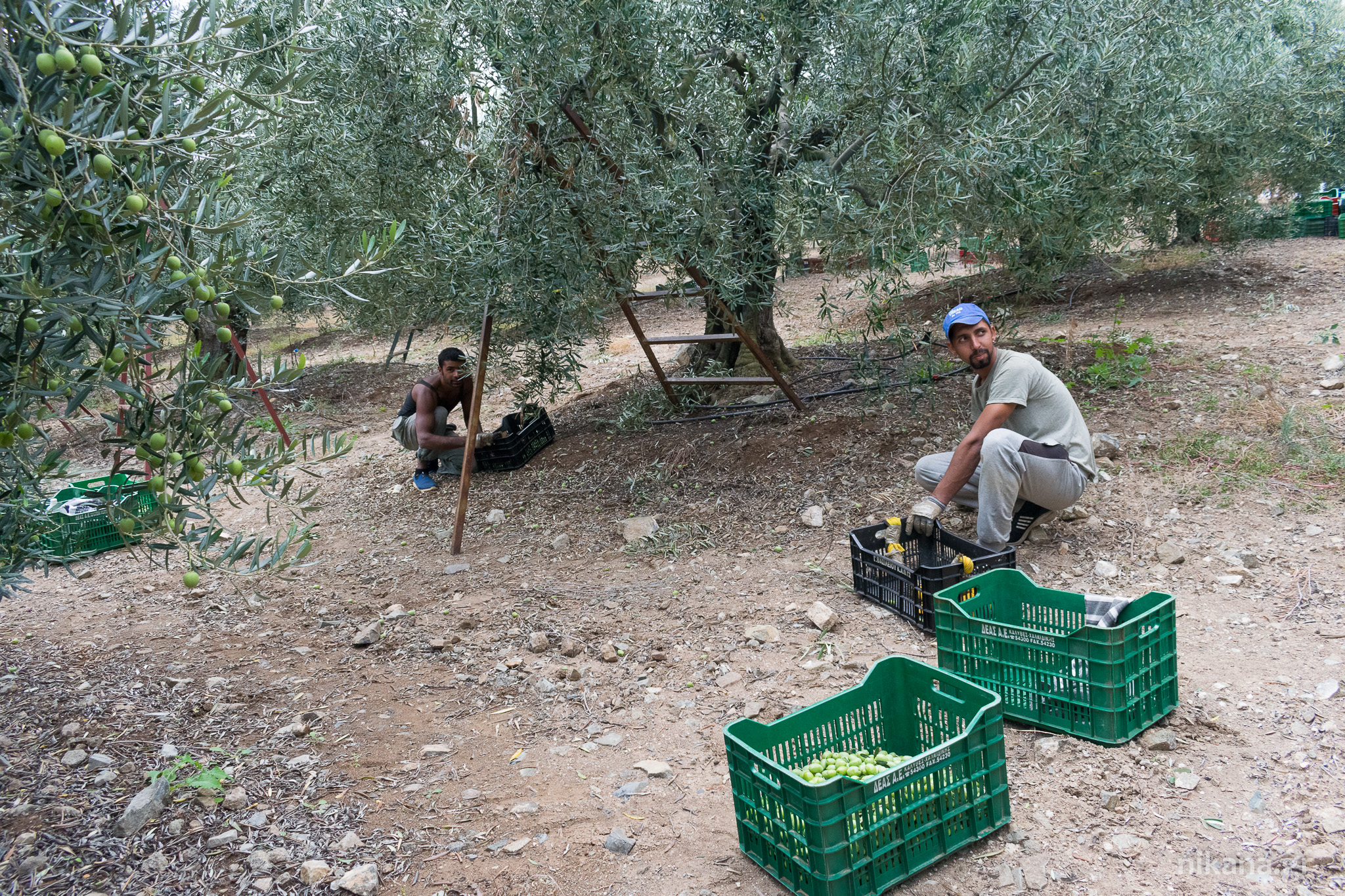
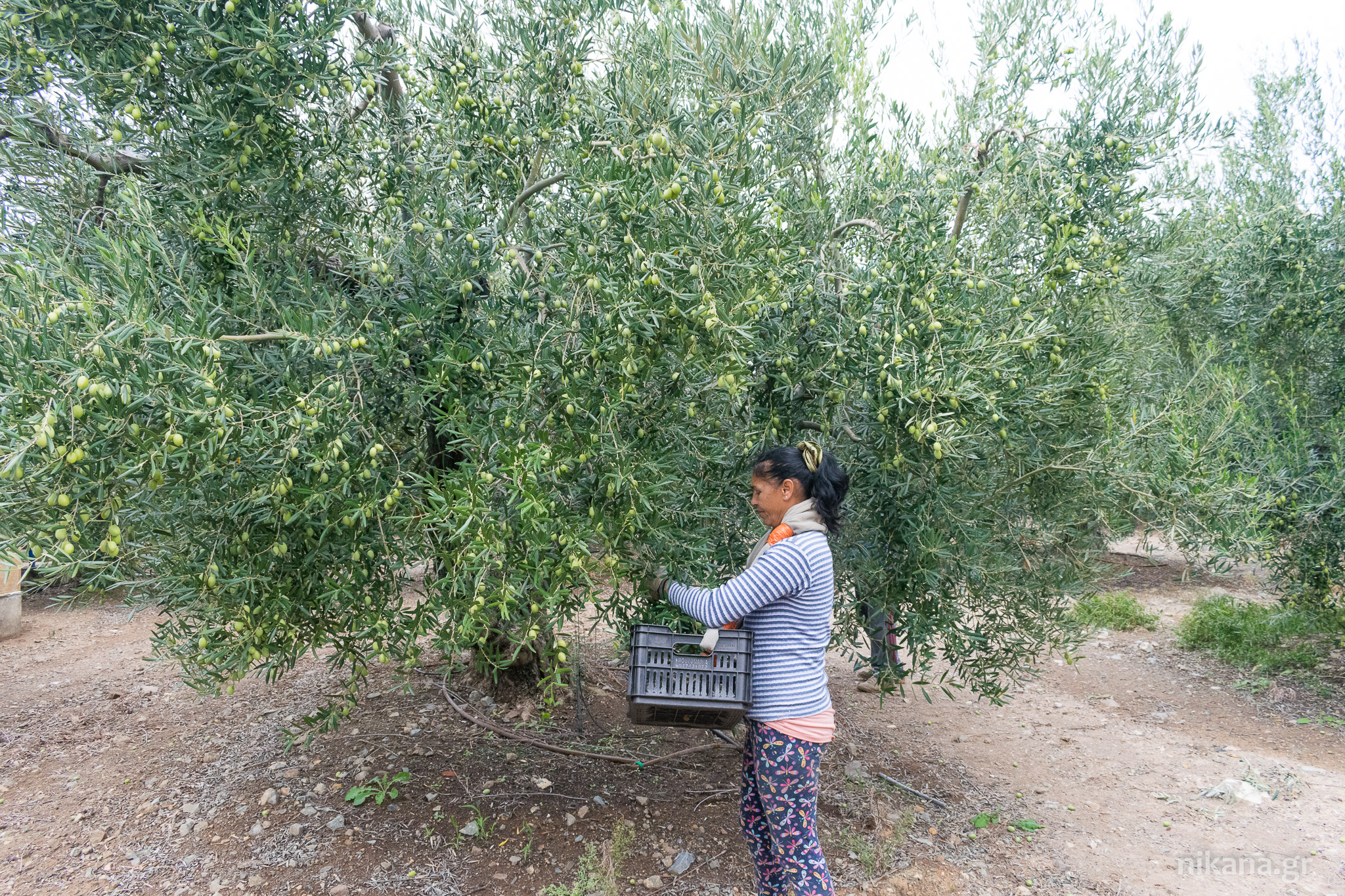
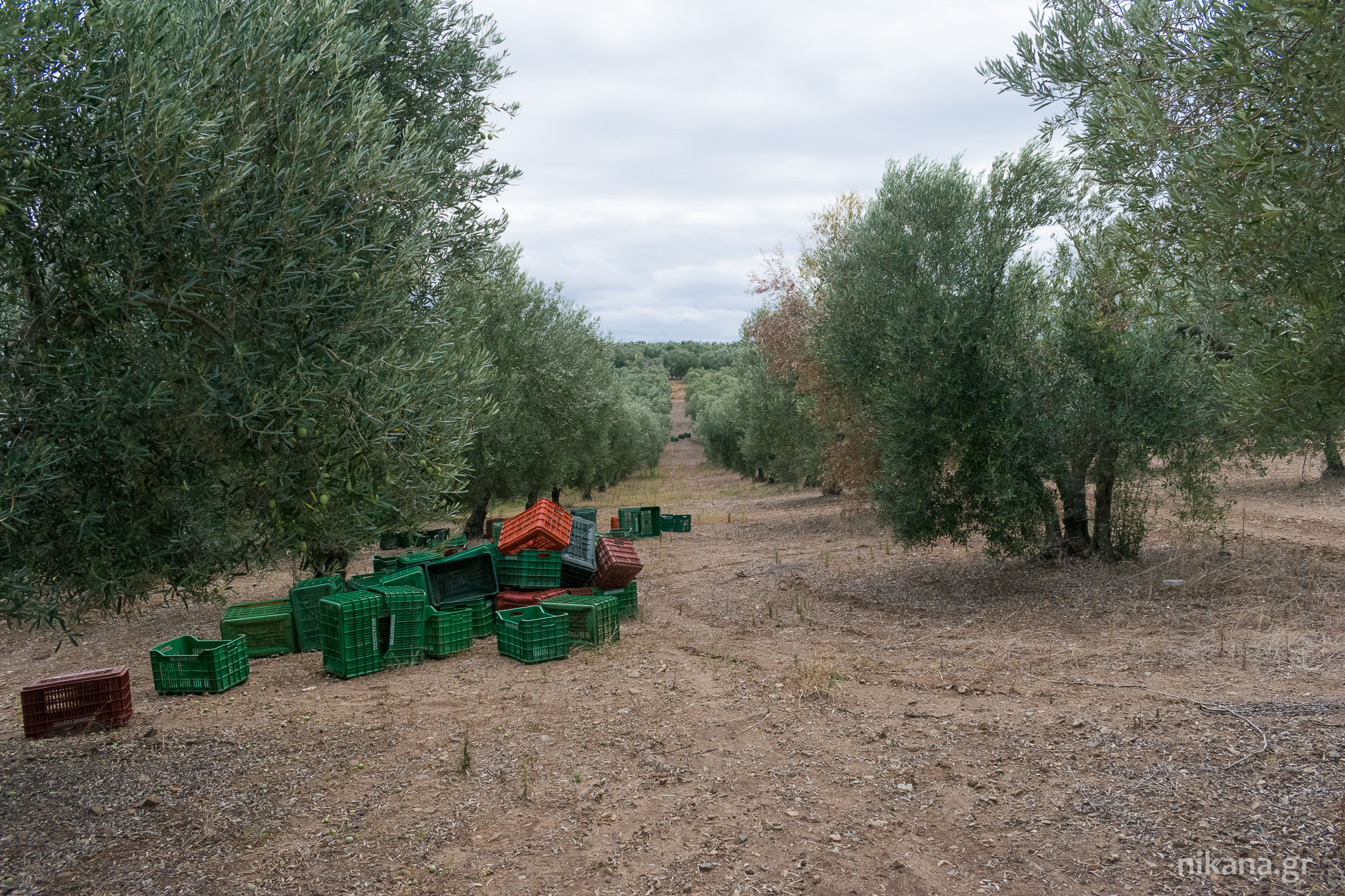
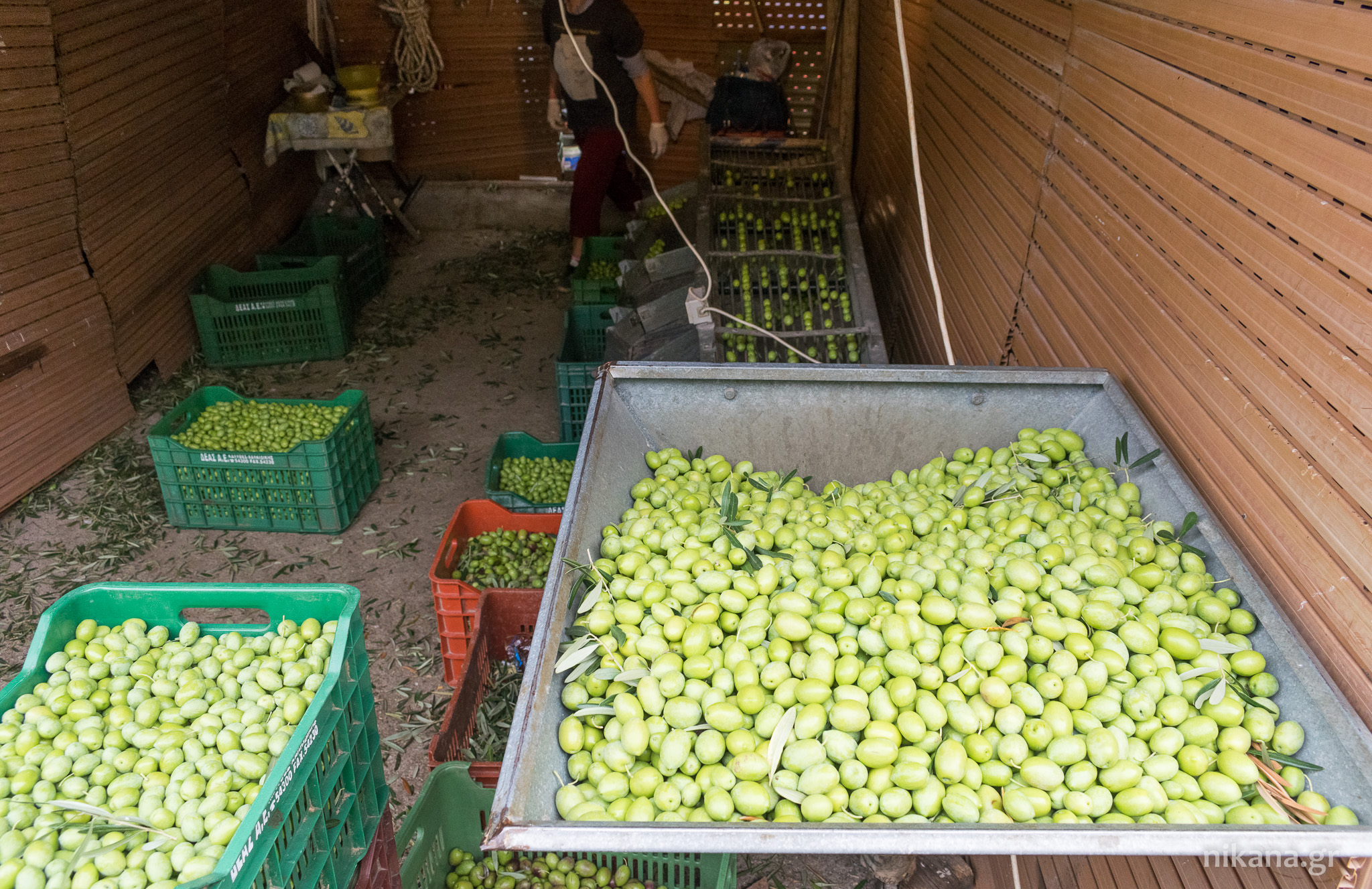
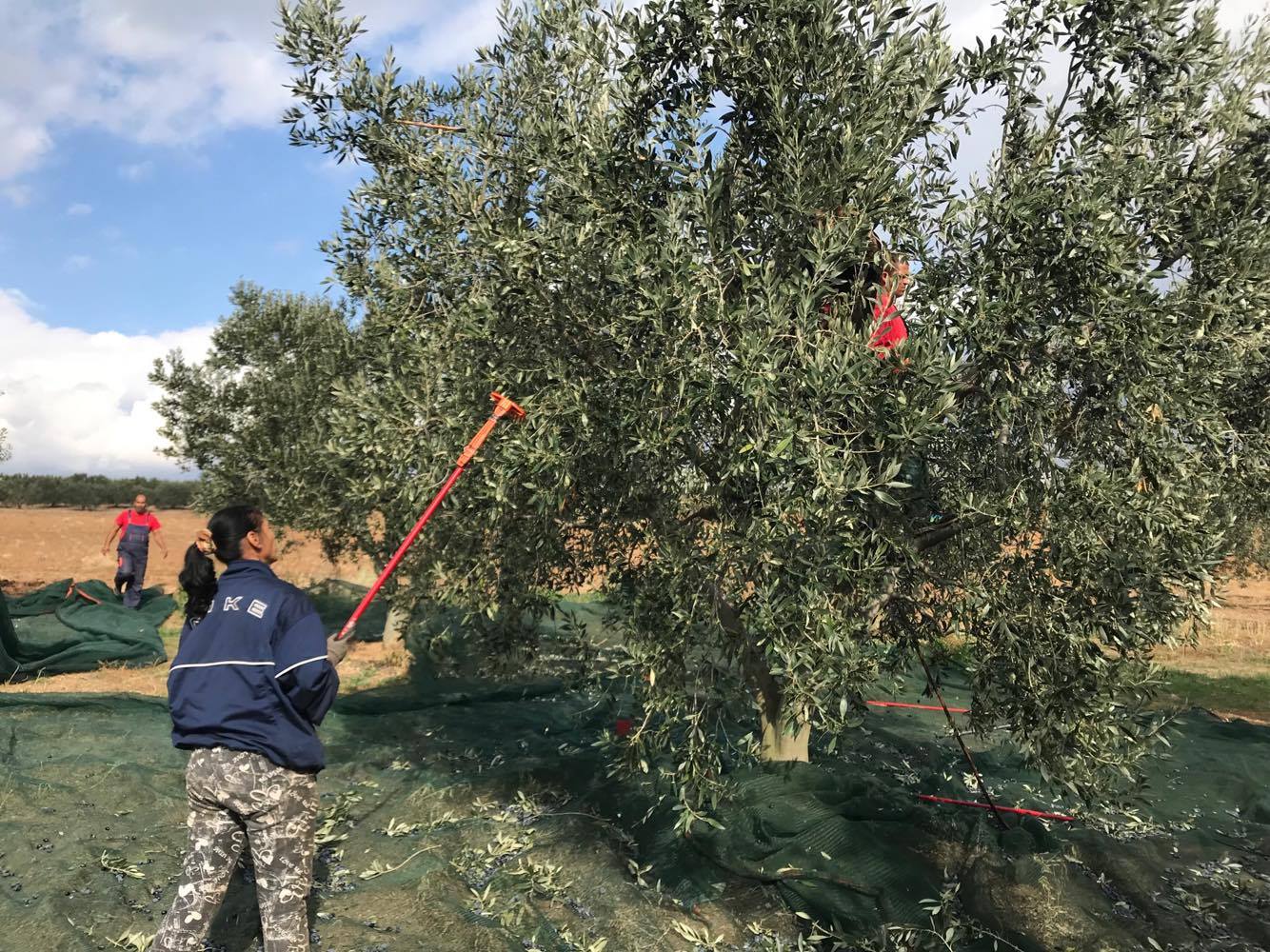
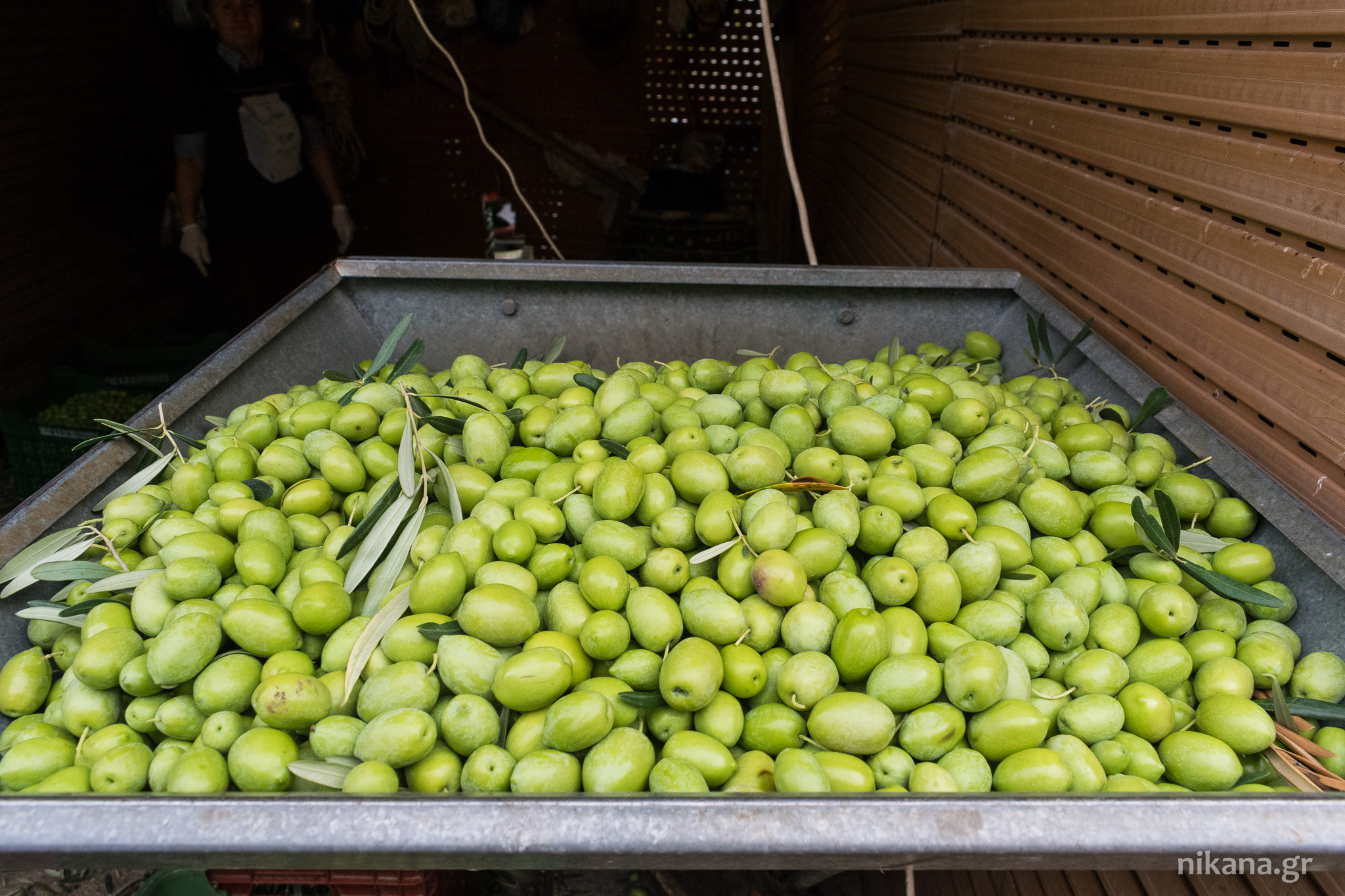
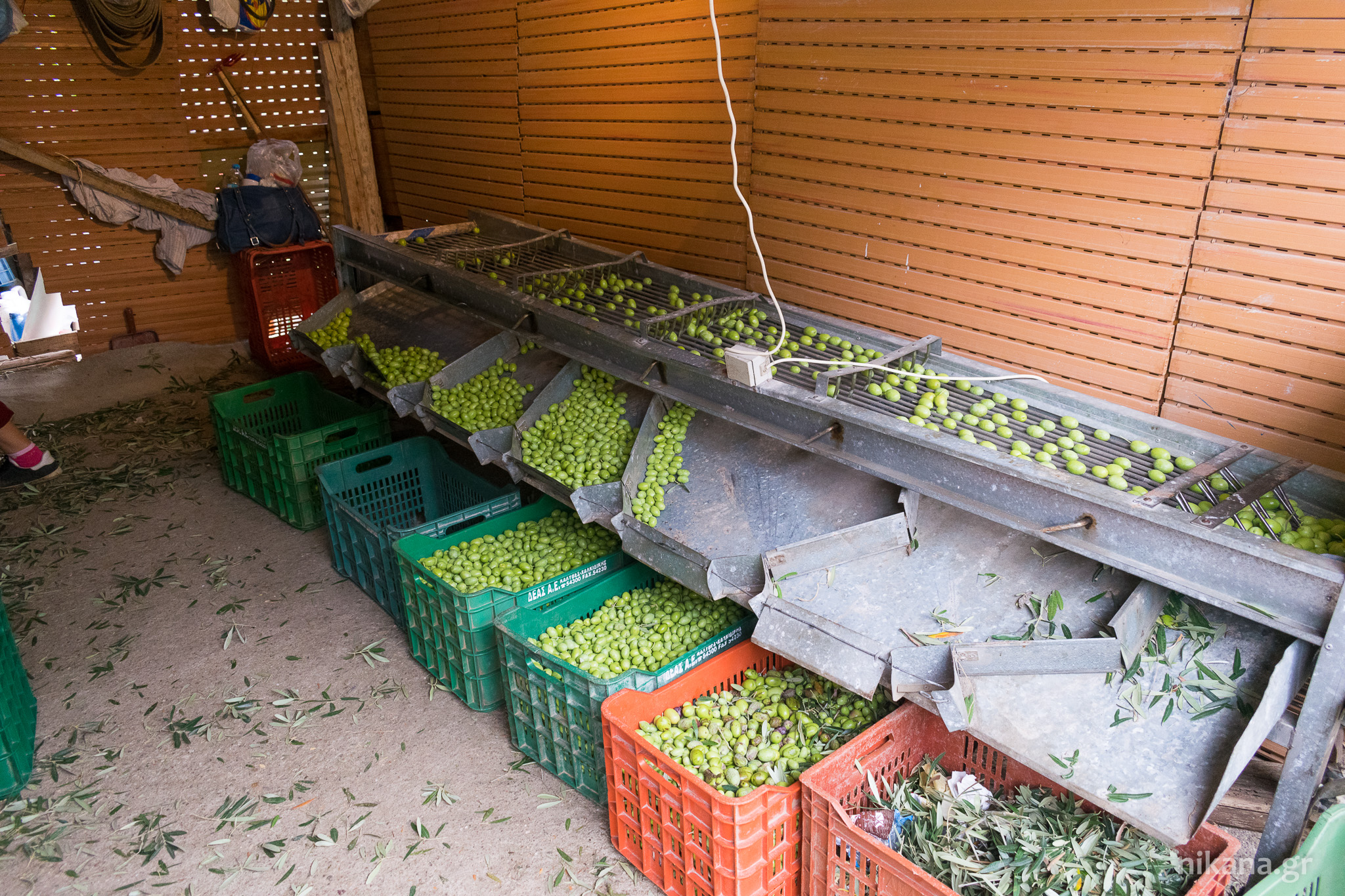
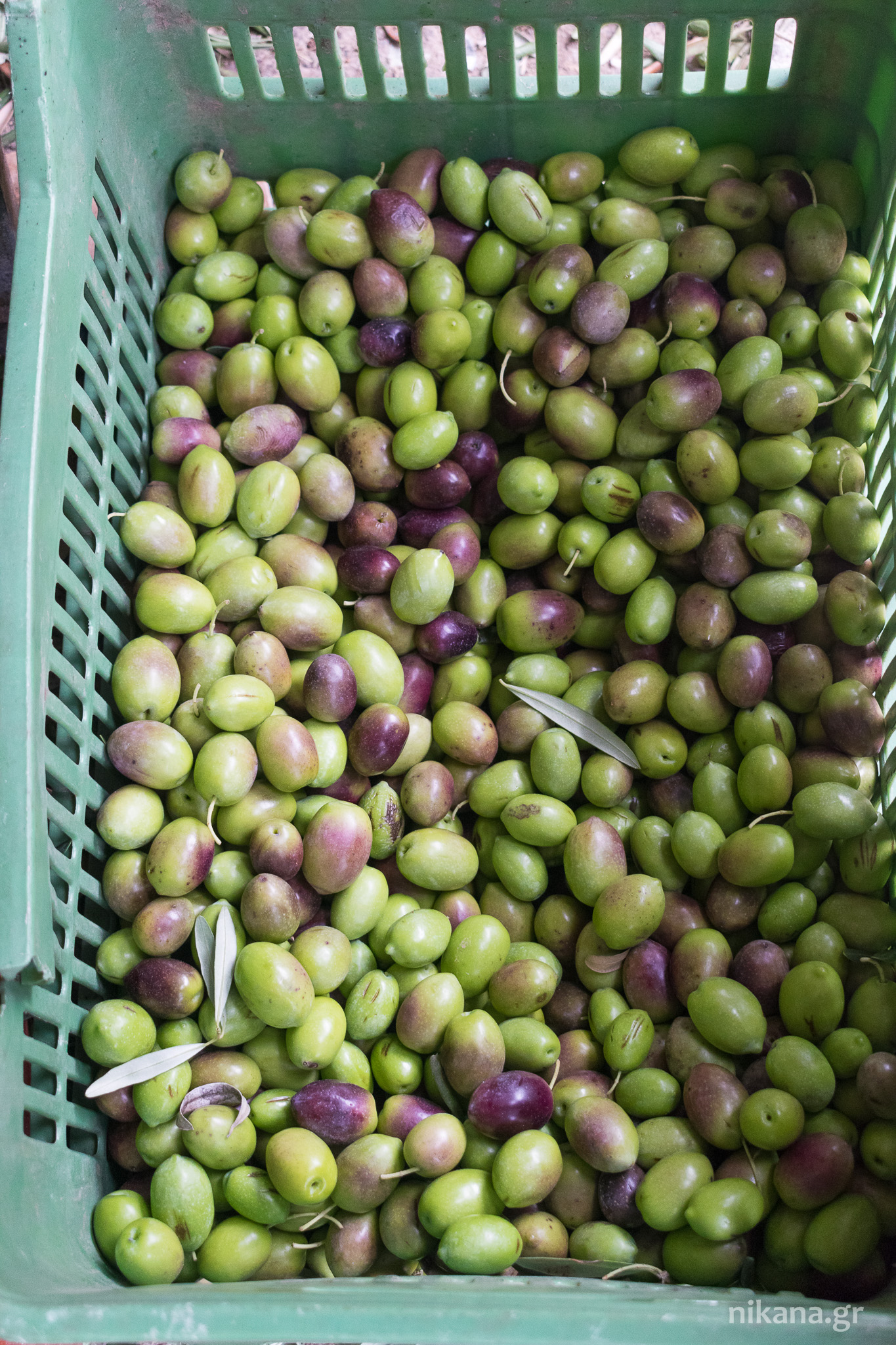
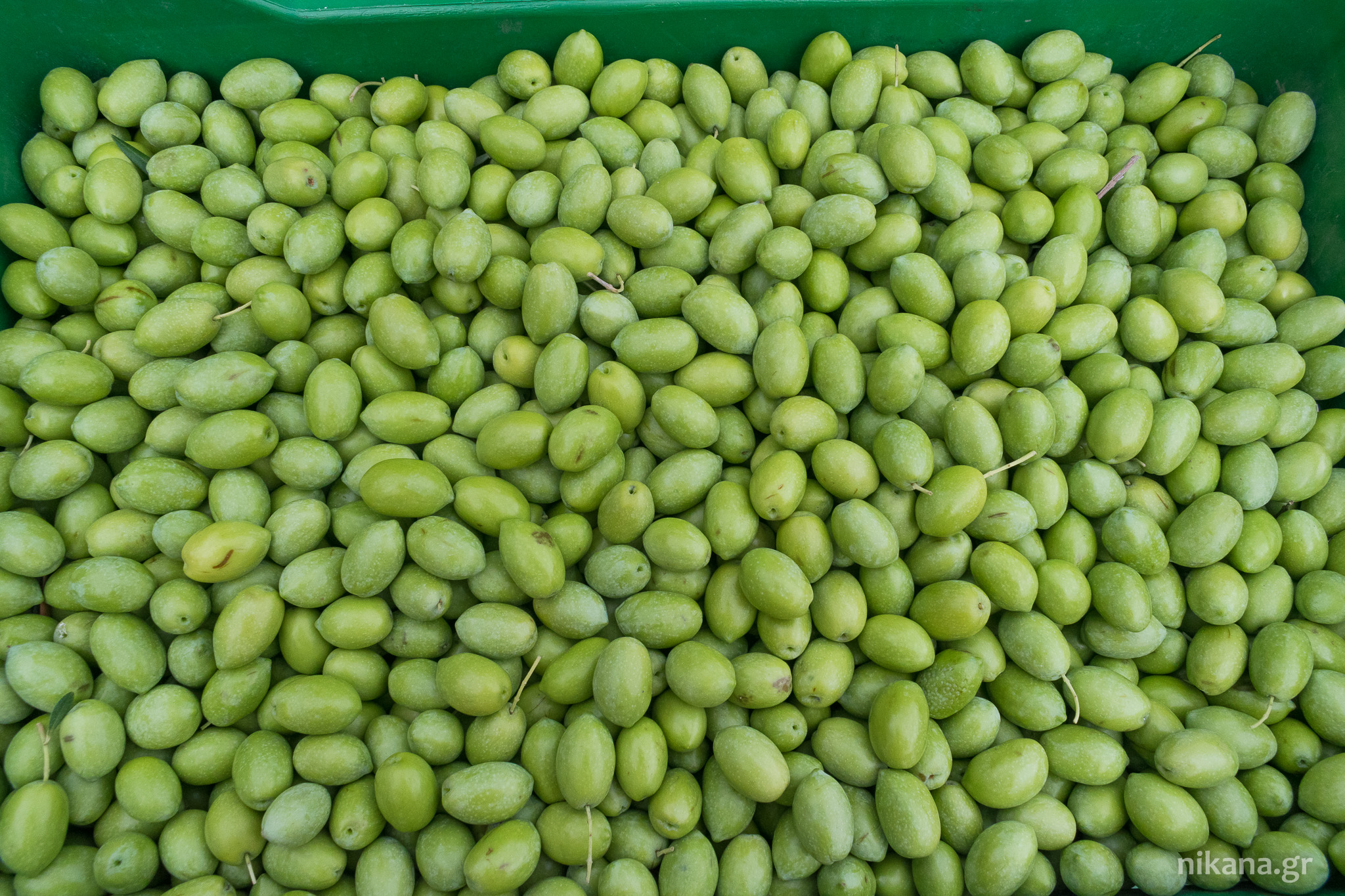
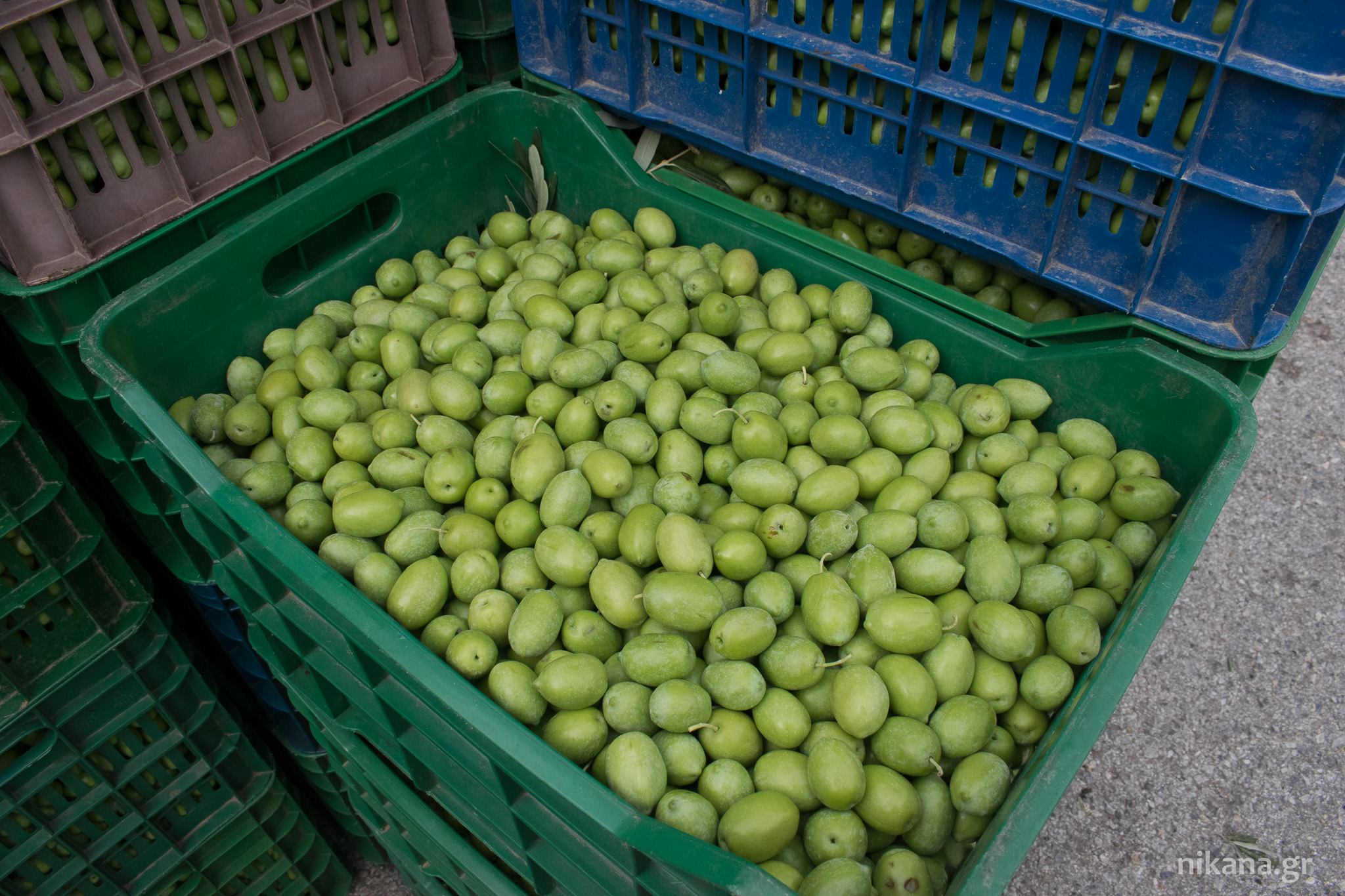
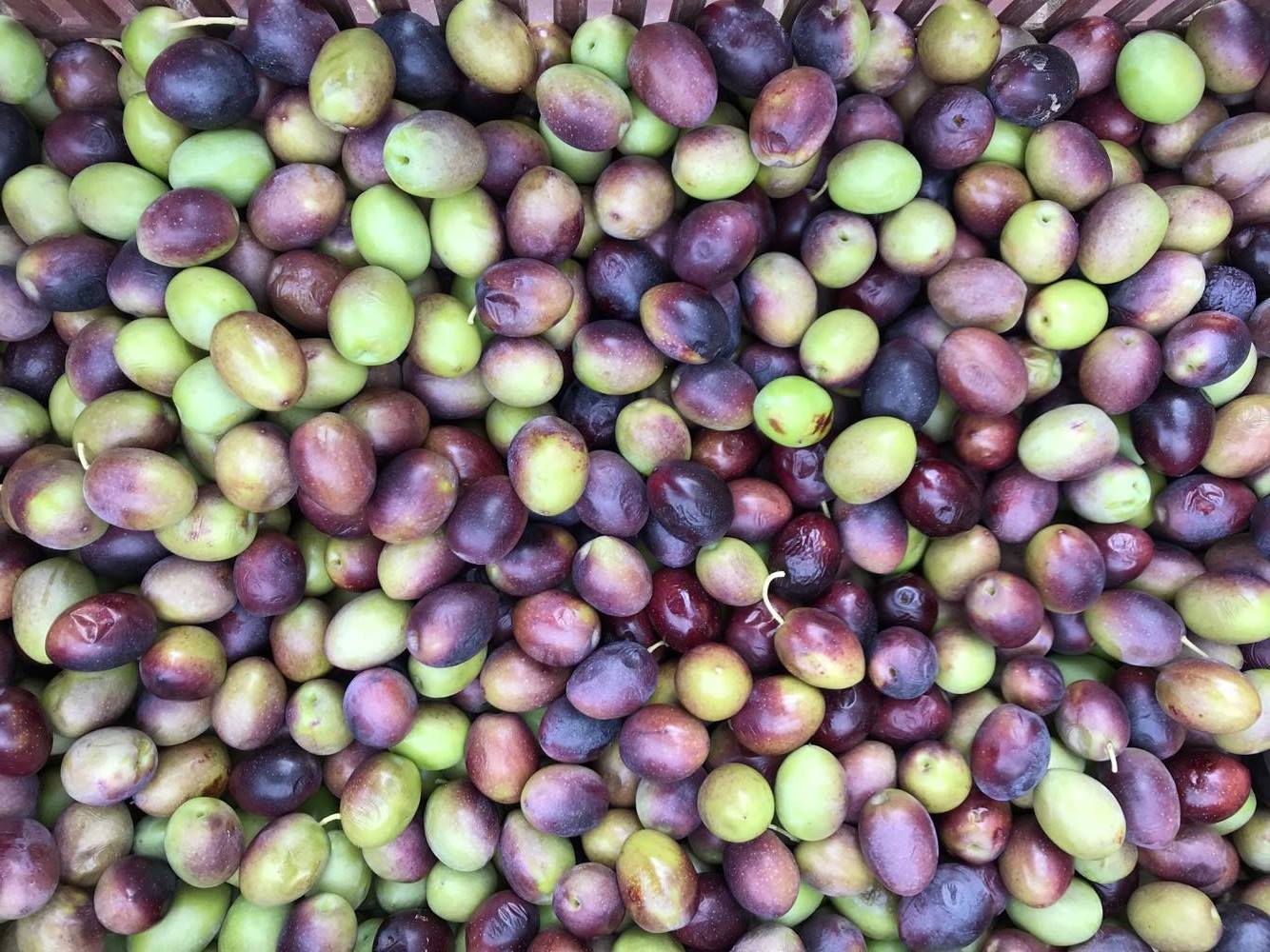
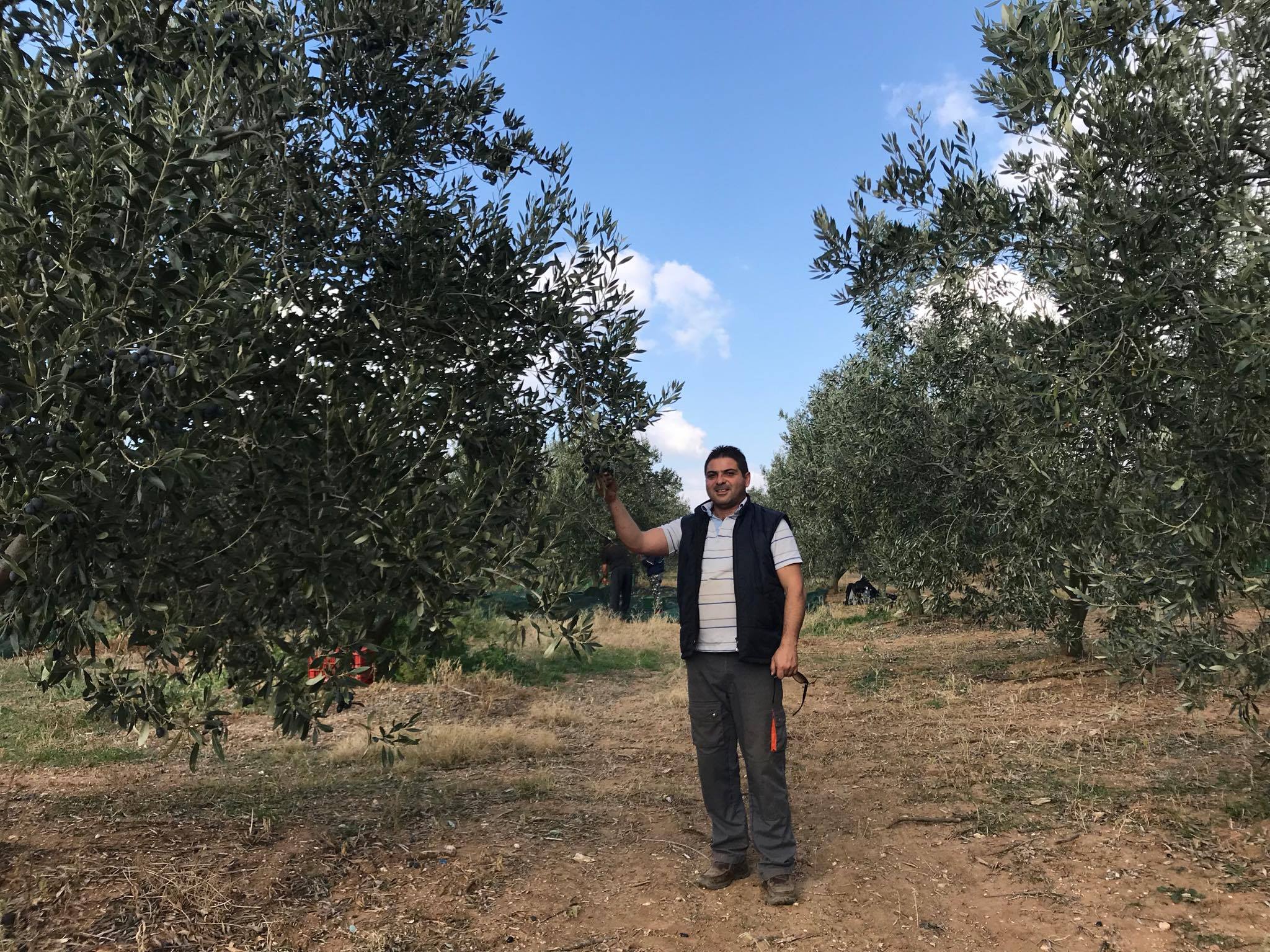
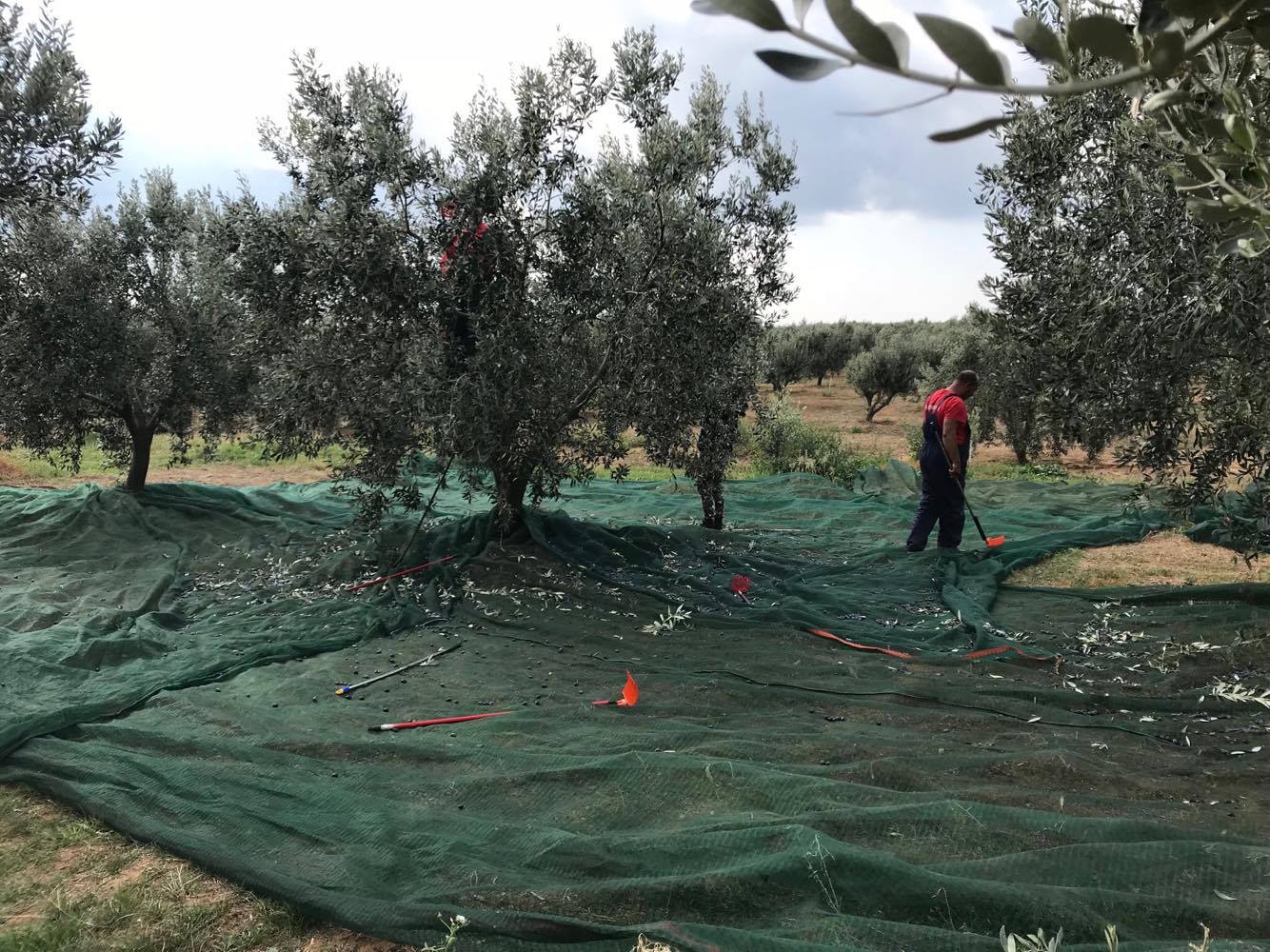

























irina contras17.11.2025 15:23:43
Hello! We are a store in Romania,and we want to collaborate with you to bring products in our shop. I would like a list of your products with relate prices! Thank you, Irina
Ljubomir Nesovanovic26.06.2024 14:01:22
Da li možete da mi preporučite proizvođače ekstra devičanskog maslinovog ulja na Sitoniji, kao i preporuku brendova Ouzo likera? Odsedamo preko vaše agencije u Nikitiju. Hvala vam unapred
Mihailo14.02.2023 17:46:43
We are writing you this email to try to get some information about your olive oil production. We have partner in India who owns big company and he is ready to import virgin olive oil to India in big amounts, we are talking about 200-300 ship containers per year. Main question is do you have those amounts of oil that can be exported, we are talking about 10 000 to 12 000 liters per month. Sincerly, Mihailo Komljenović
Vladimir Petronic09.11.2021 11:25:06
Dears, I'm Vladimir Petronic from company "Stari Grad", Belgrade, Serbia. I'm working on position purchase manager. Our core business are restaurants and catering service, as we have currently in our chain 7 famuos restaurants in Belgrade, such as restaurant Boutique 1, restaurant Boutique 2, restaurant Boutique 3, restaurant Kasina, restaurant Tri sesira, restaurant Lafayette and pastry chop Gram. we are planning to open verz soon 3 new restaurants, outside of Belgrade. As you can see, we have a lot of restaurants, and we need to keep continous supplying with quality products, but also at accpetable price and delivery terms. So, we are interested in, if you could send us offer for green and black olives, pitted and non pitted, in cans (from 10+ kg) and for extra vergine olive oil, in bigger cans (5 or more L)? Thanks in advance for your feed-back reply. Kind regards, Vladimir Petronic